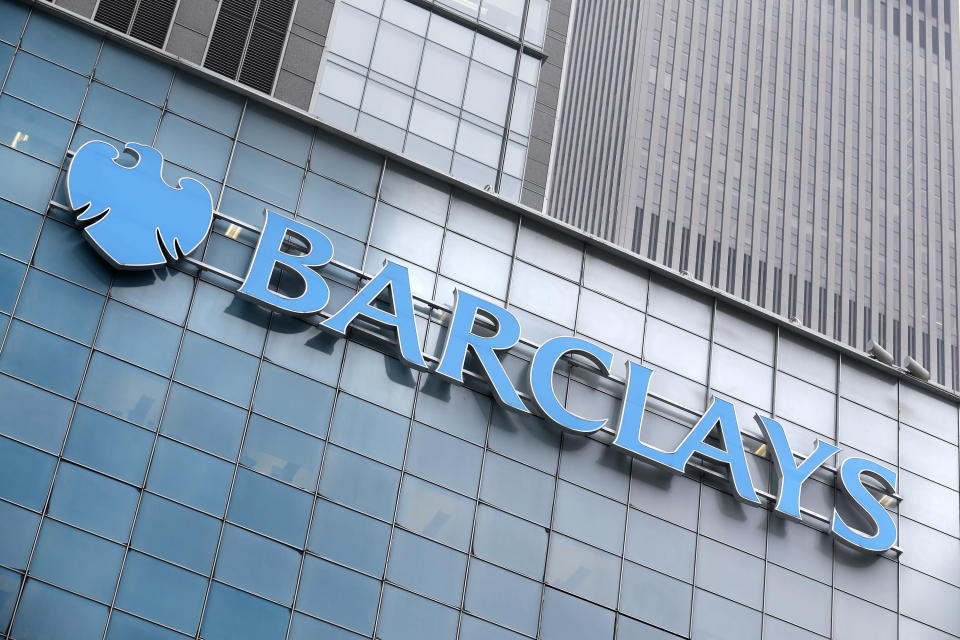Edward Bramson suffers heavy defeat in Barclays battle

Activist investor Edward Bramson vowed to keep fighting for change at Barclays (BARC.L) despite a resounding defeat at the bank’s annual general meeting (AGM) on Thursday.
87.2% of participating shareholders voted against Bramson’s motion calling for his appointment to the Barclays board.
Shareholders representing 73.3% of the stock took part in Thursday’s vote. Once the total shareholding is taken into account, as is Bramson’s own investment in Barclays, just 3.8% of independent shareholders backed the activist investor’s motion.
Separately, the bank also faced a significant rebellion over executive pay. 29.2% of voting shareholders voted against Barclays’ executive remuneration proposals.
Bramson, who is notoriously publicity shy, made a brief appearance at the bank’s AGM on Thursday ahead of the vote. He admitted he was facing defeat, but vowed to continue his fight for change at the bank.
“If you talk to Barclays nothing happens, I can tell you that from personal experience,” Bramson said at the AGM, according to the Guardian. “If we were so inclined we’d have to do something other than talk. What that is, I think, would be premature to say.”
READ MORE: Barclays set for crunch showdown with activist Edward Bramson
“We remain engaged with Mr. Bramson and his colleagues and are open to further dialogue. We have always welcomed shareholder input in the future direction of the group,” outgoing chairman John MacFarlane said in a speech at the AGM.
Bramson, who runs New York-based Sherborne Investors, has built up a 5.5% stake in Barclays. The activist investor has used his $1.4bn holding to put pressure on management to scale back Barclays’ investment bank, which he believes is depressing the bank’s share price.
Barclays has repeatedly defended the investment banking division and advised shareholders to reject Bramson’s motion ahead of Thursday’s vote.
While Bramson has been defeated, he may have gained some ground in the fight by drawing some support for his cause.
“[Investors] told us the points we’re making are valid and important,” Bramson said at the AGM according to the Guardian.
READ MORE: Activist investor Edward Bramson's full letter to Barclays shareholders calling for board seat
“The issues raised are not going to go away any time soon,” Russ Mould, investment director at stockbroker AJ Bell, said in a note.
“The debate over whether the investment bank adds value to the group’s customers and shareholders dates back to Barclays’ initial foray into the capital markets and the days of BZW in the mid-1980s and the operation must improve its financial performance if Jes Staley and the Barclays board are to move on.
“Quite simply, the Corporate and Investment Bank business generates a return on tangible equity that is less than half that of either retail banking or the credit card and payments operation and soaks up nearly three-quarters as much capital as those two units combined.”
————
Oscar Williams-Grut covers banking, fintech, and finance for Yahoo Finance UK. Follow him on Twitter at @OscarWGrut.
Read more:

 Yahoo Finance
Yahoo Finance 